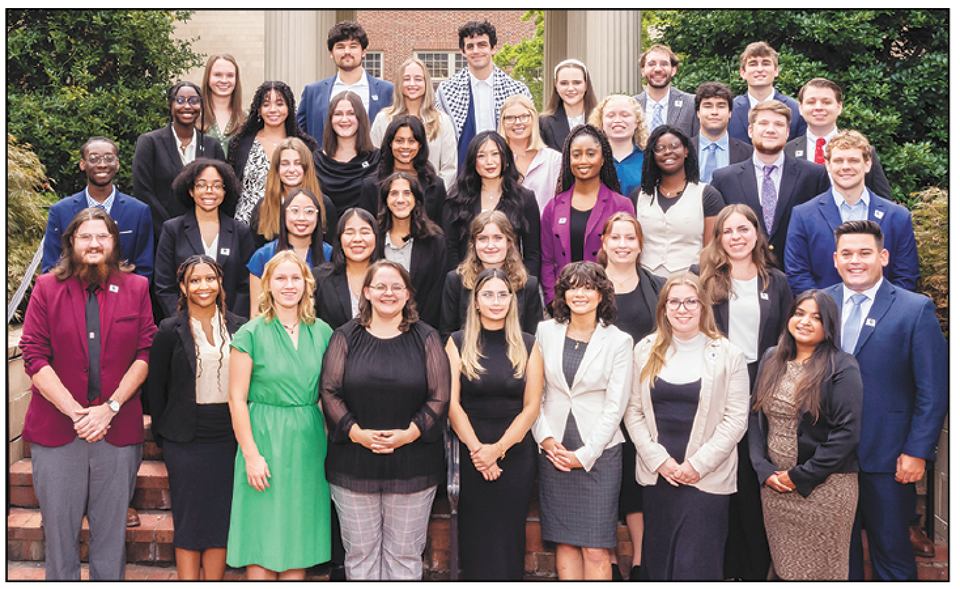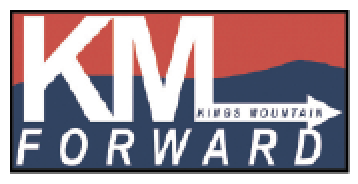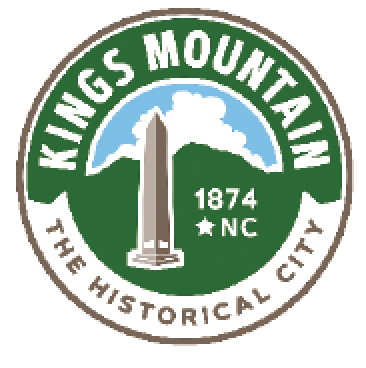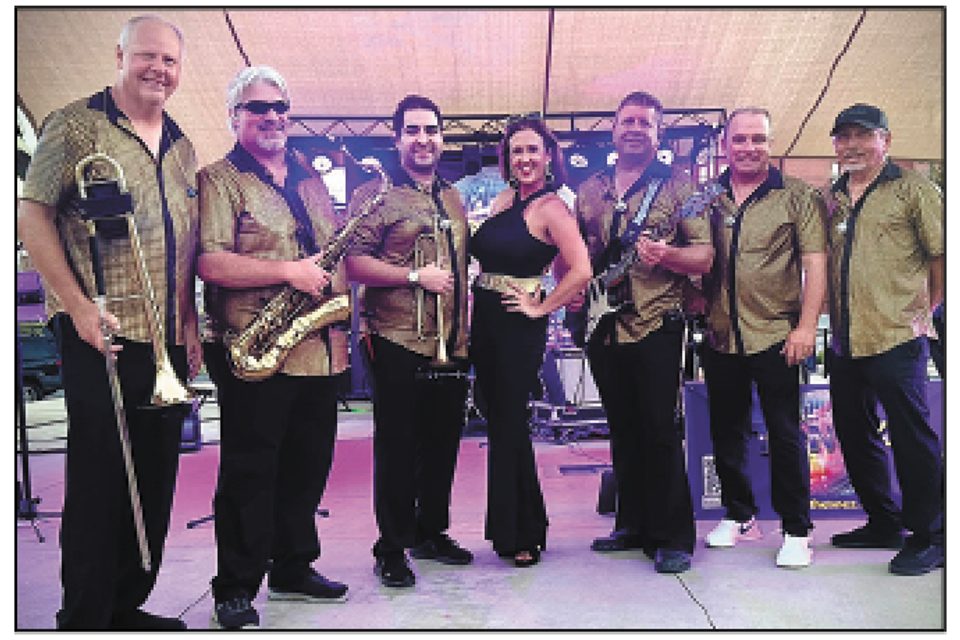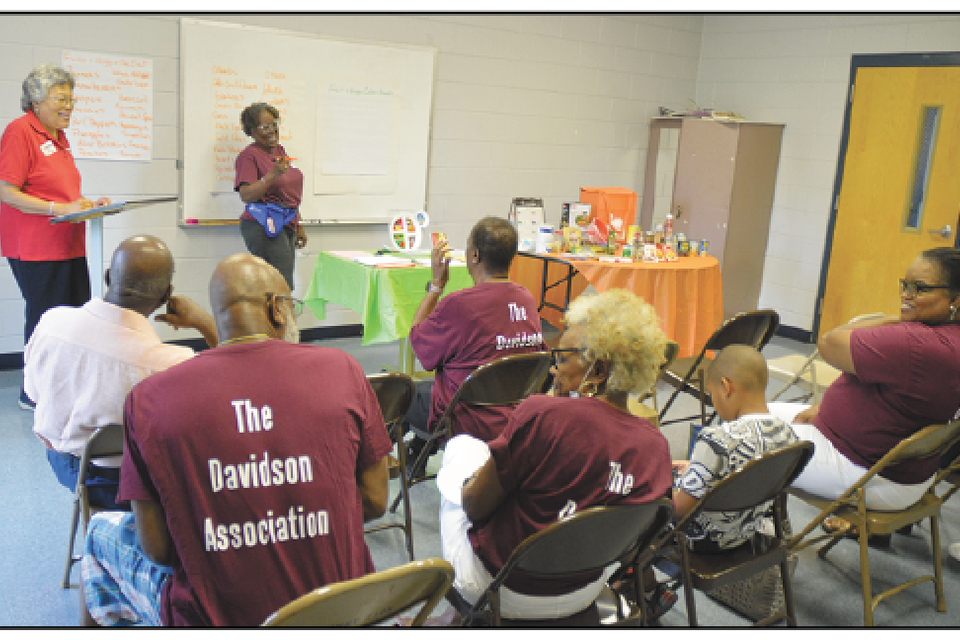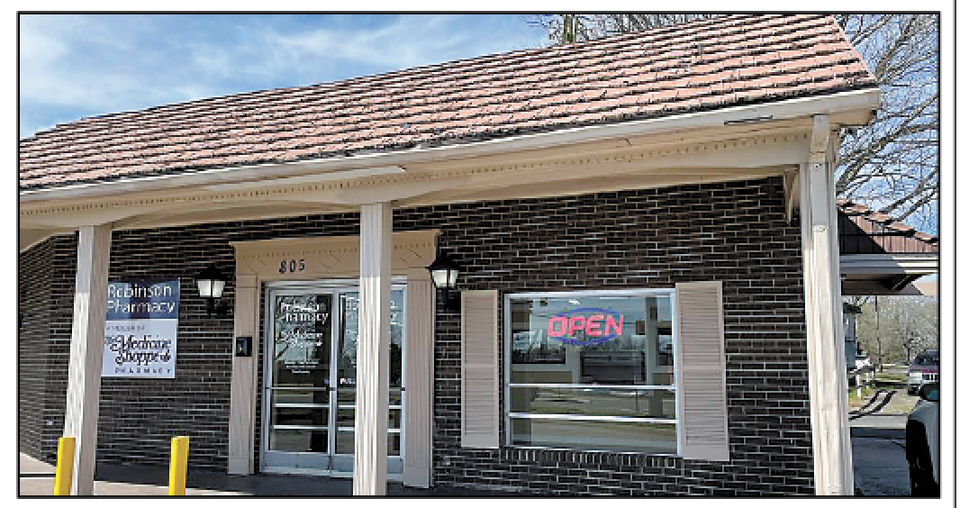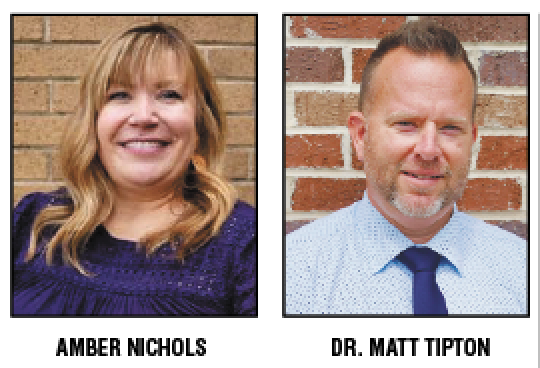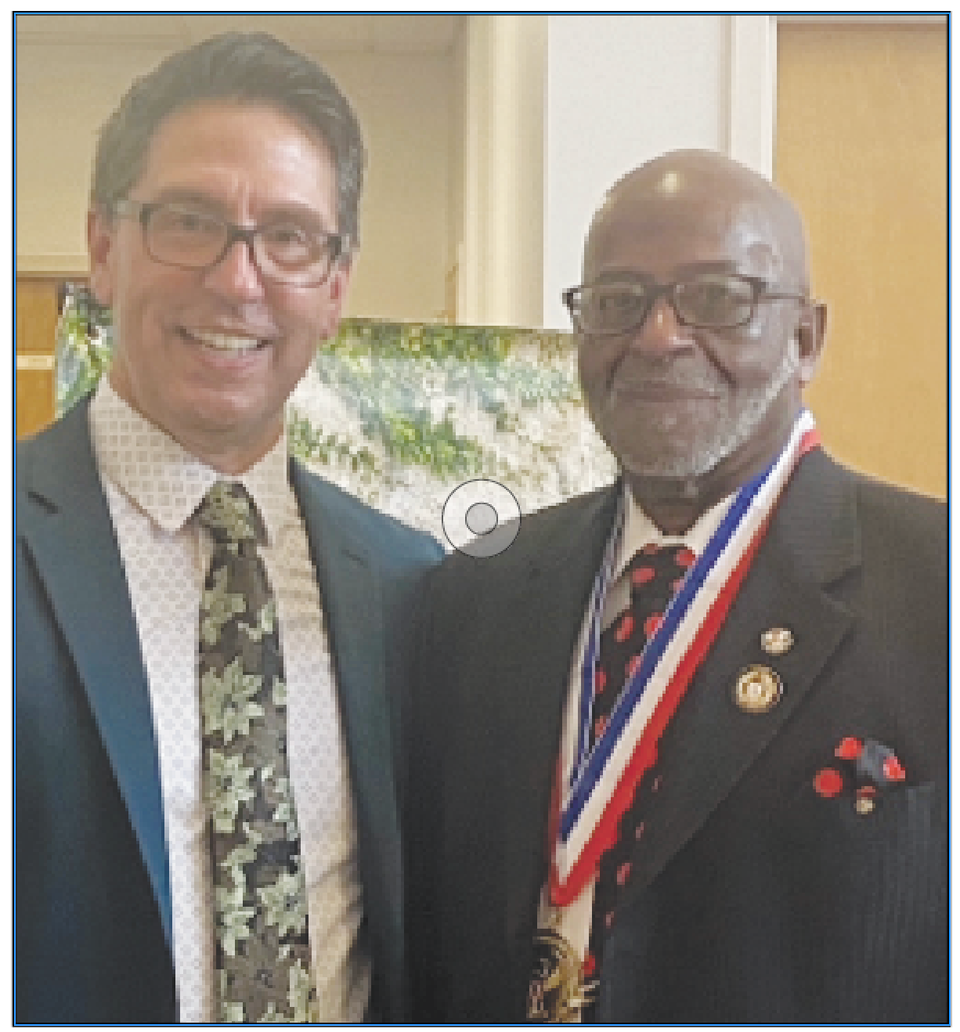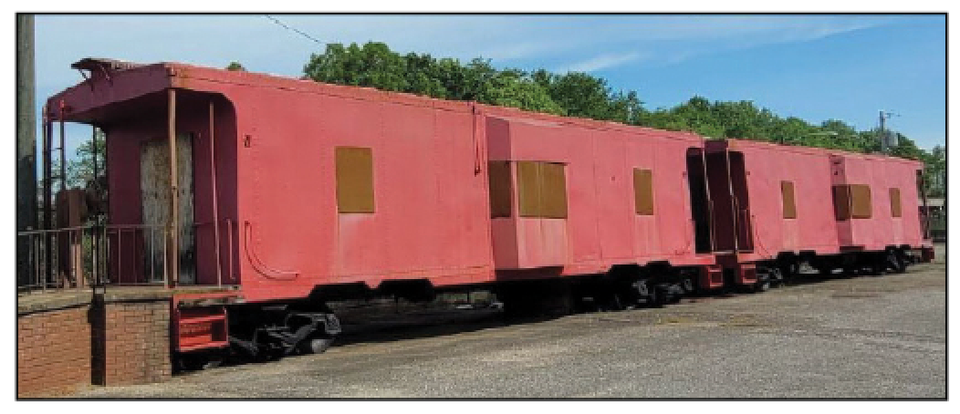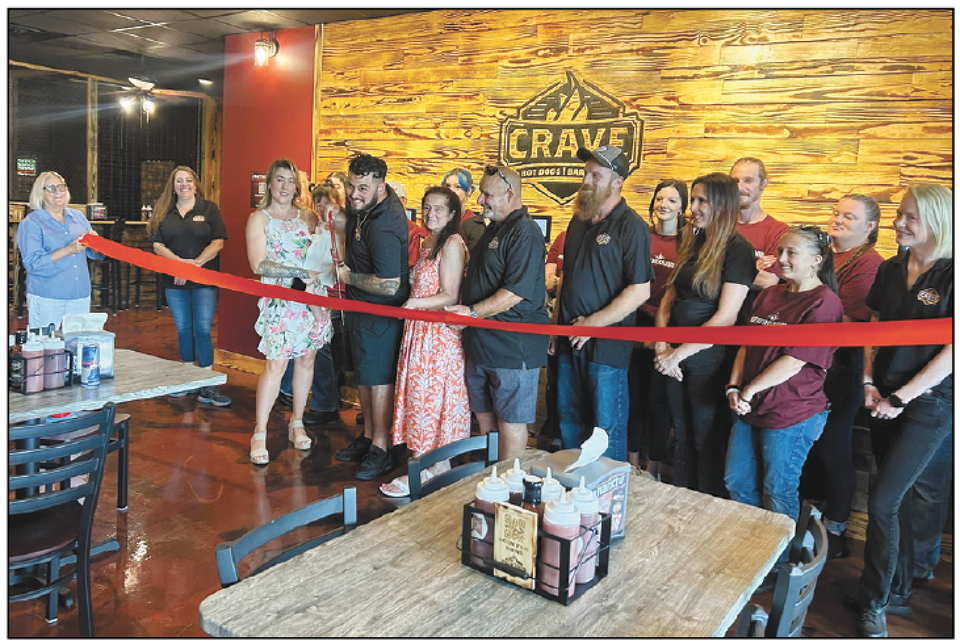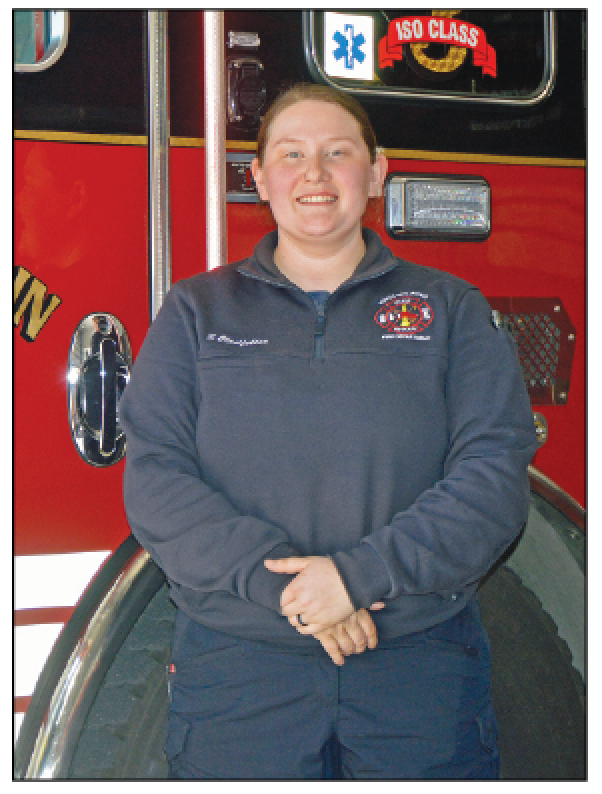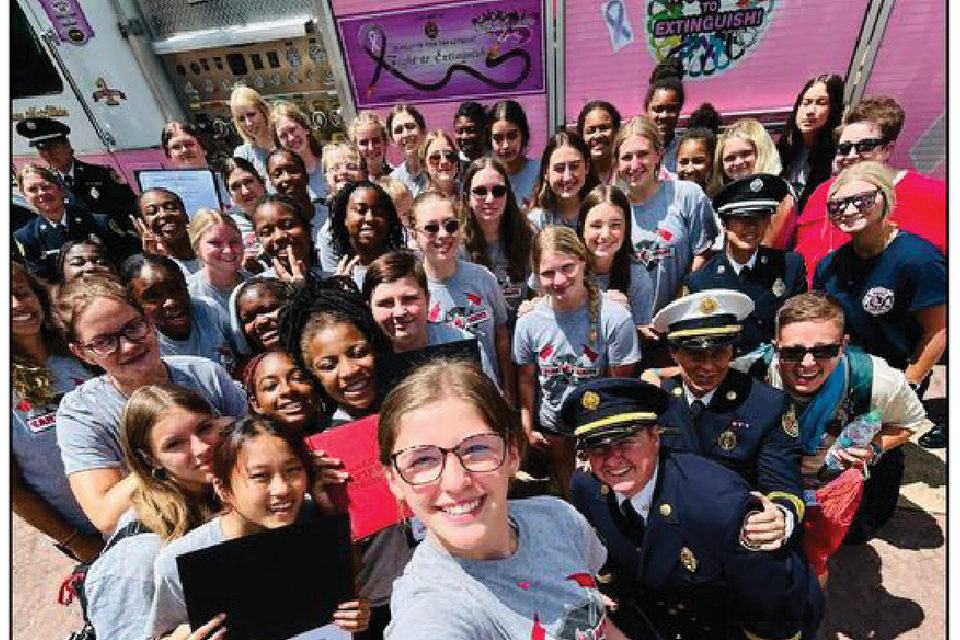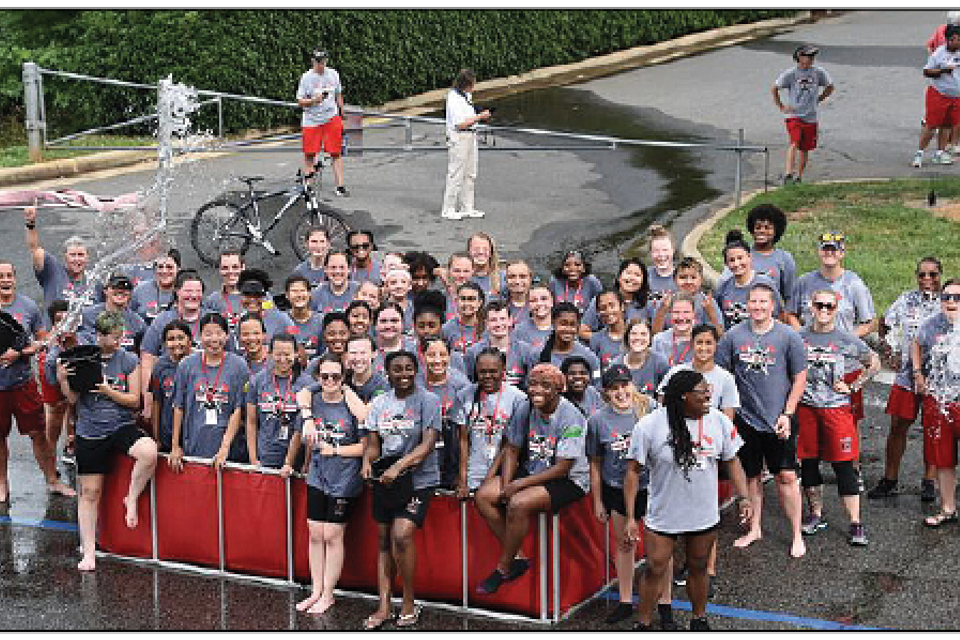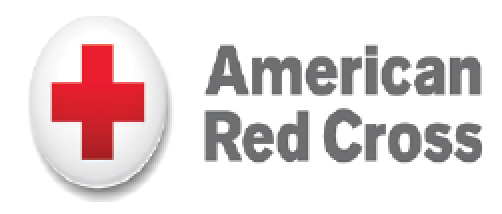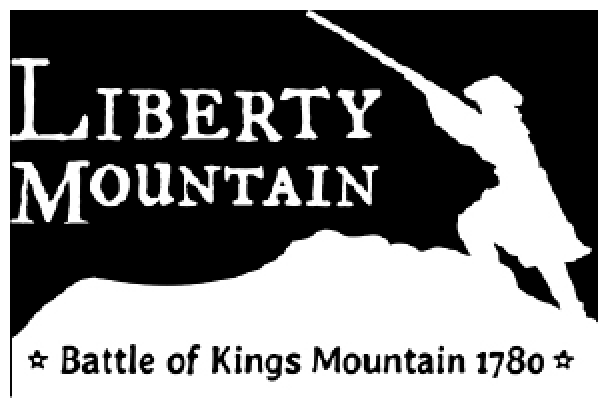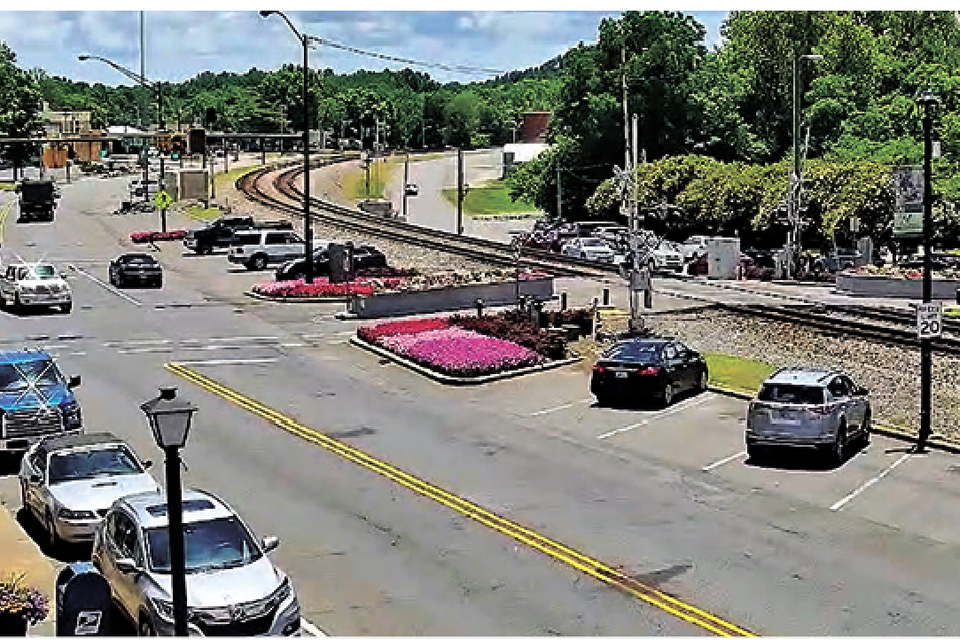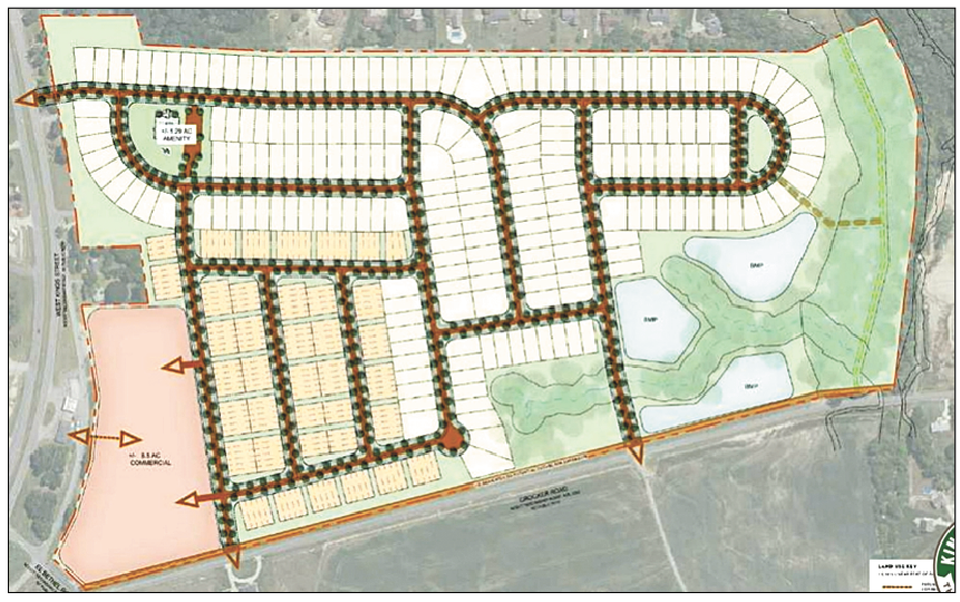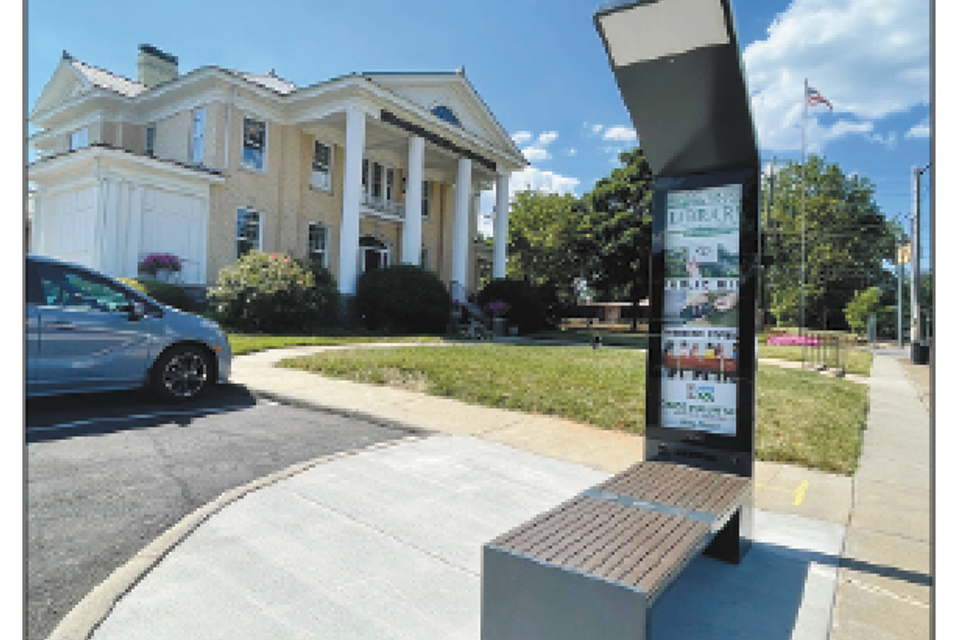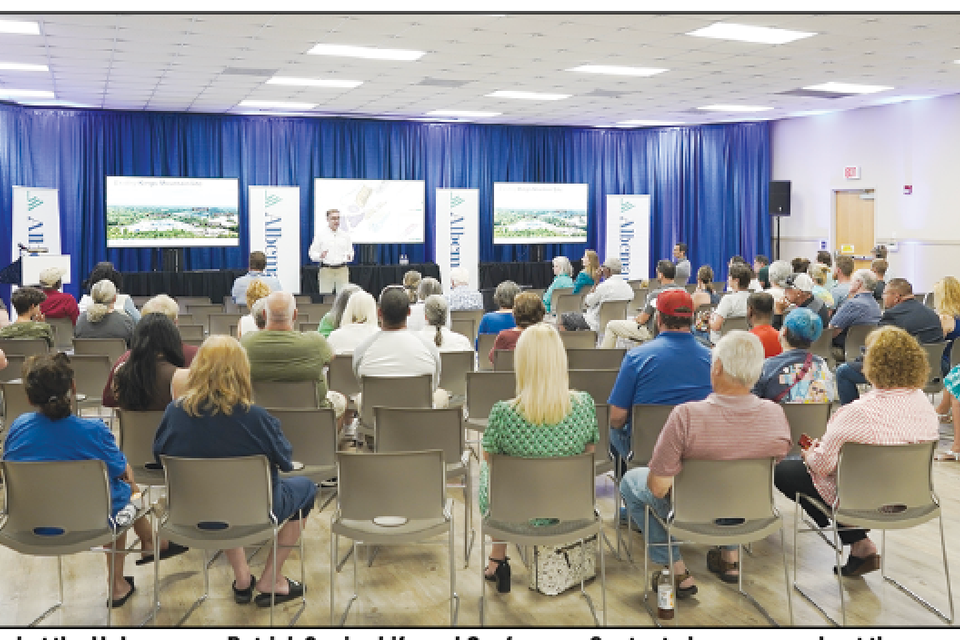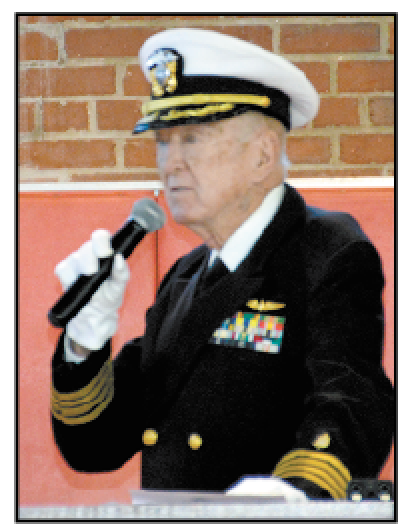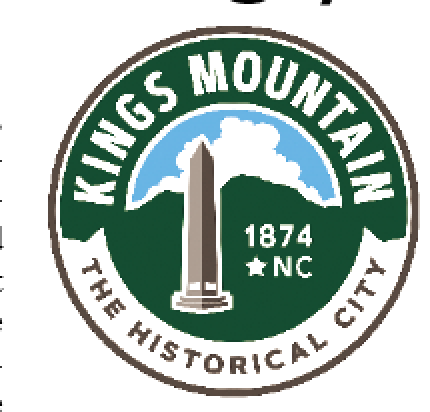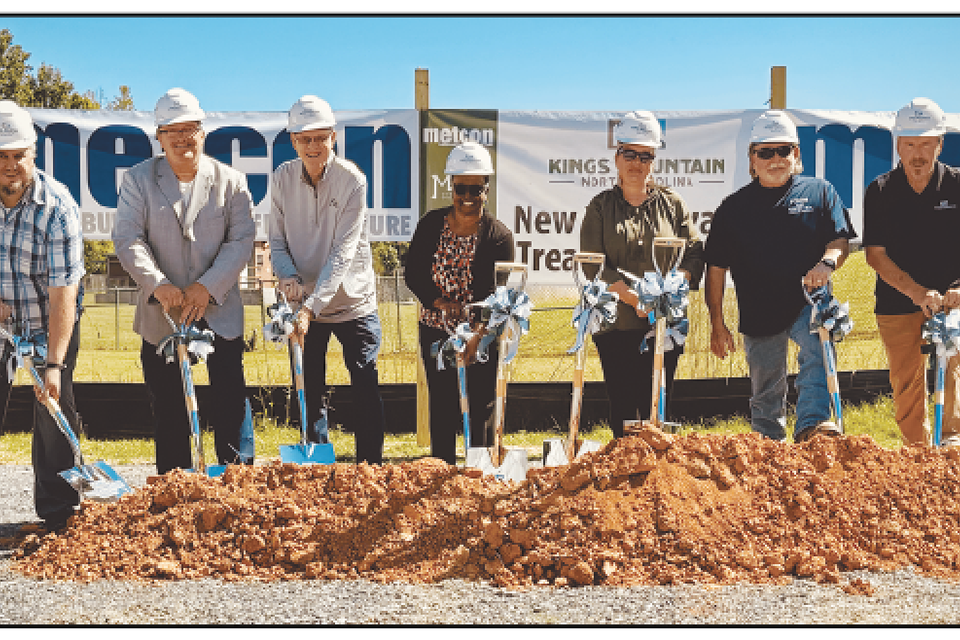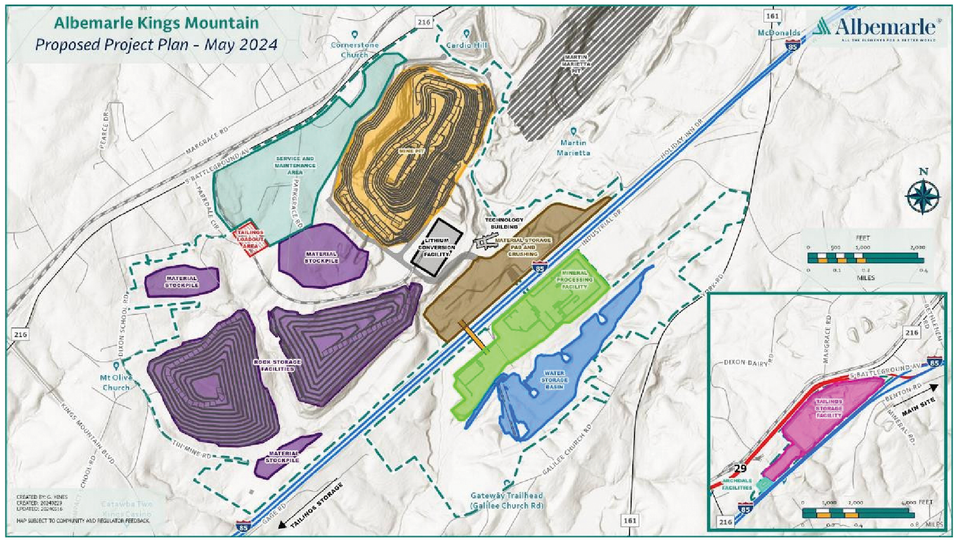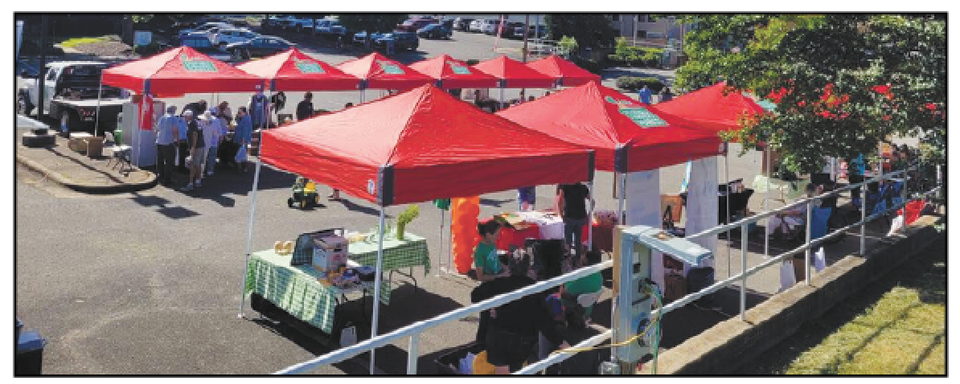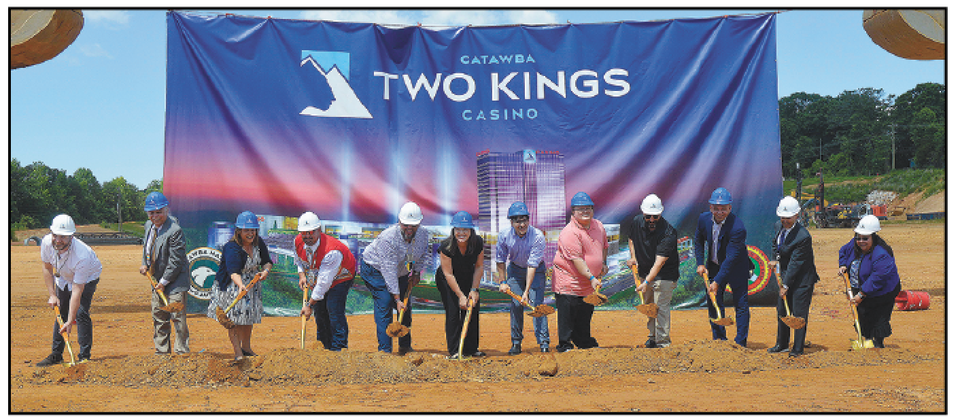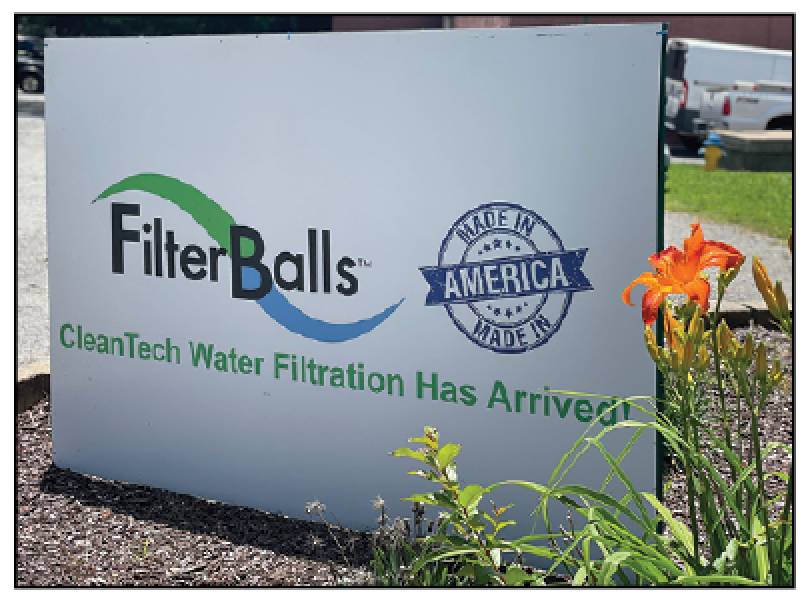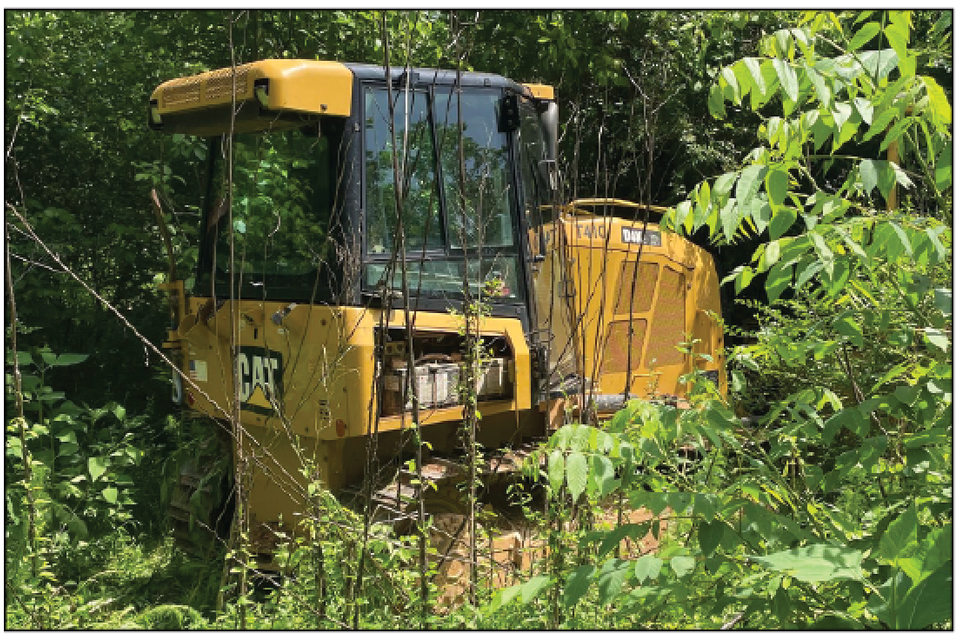
Feeding Kids of
Cleveland County
impacts local families
Cleveland County
impacts local families
Feeding Kids of Cleveland County, a 501(c)(3) nonprofit organization, was started in 2016 out of the homes of several families who wanted to make a difference in the lives of students in need in our community. Since its inception, it has grown from serving 20 students in 2016 to serving 220 students in 2023, which adds up to over 800 people it is currently and consistently serving through our programs.
Its mission is to provide food and books to Cleveland County students and families identified as food insecure.
They do this through weekend food bags, school break food and book deliveries, and Community Table Thanksgiving Meals.
Over the summer, Feeding Kids Cleveland County served 607 children and 400 adults, totaling 1,007 people across the county.
Reading Kids Cleveland County worked hard to individually choose, pack, and give away over 2,500 books for all students and families throughout the summer. Each child received one book on their reading level and each family received one nonfiction book at each delivery. The impact of this initiative is significant. By bringing books into the homes of these families, they are improving literacy rates and promoting a love for reading in a small way. This is a testament to the power of collective action and the difference we can make when we come together.
With the work of Cleveland County Schools social workers and its team of volunteers, it provides a bag of shelf-stable, kid-friendly food on weekends and a large box of shelf-stable food, a bag of fresh food, and age-appropriate books during the four breaks from school throughout the year to bridge this nutritional gap: Spring Break, Summer Break, Thanksgiving Break, and Winter Break.
See KIDS, Page 5A
From Page 1A
It delivers three times during Summer Break since this is the most extended break for students.
In Cleveland County, one in three children is food insecure. Extended breaks from school, such as Spring and Winter Break, leave hundreds of students without a reliable food source they would normally receive through the school nutrition program at breakfast and lunch.
As a new school year begins, they have already begun thinking about Thanksgiving deliveries, Community Table Thanksgiving Meals (Nov. 27), Christmas deliveries, and the Light Ball Dash (Dec. 22).
Its mission is to provide food and books to Cleveland County students and families identified as food insecure.
They do this through weekend food bags, school break food and book deliveries, and Community Table Thanksgiving Meals.
Over the summer, Feeding Kids Cleveland County served 607 children and 400 adults, totaling 1,007 people across the county.
Reading Kids Cleveland County worked hard to individually choose, pack, and give away over 2,500 books for all students and families throughout the summer. Each child received one book on their reading level and each family received one nonfiction book at each delivery. The impact of this initiative is significant. By bringing books into the homes of these families, they are improving literacy rates and promoting a love for reading in a small way. This is a testament to the power of collective action and the difference we can make when we come together.
With the work of Cleveland County Schools social workers and its team of volunteers, it provides a bag of shelf-stable, kid-friendly food on weekends and a large box of shelf-stable food, a bag of fresh food, and age-appropriate books during the four breaks from school throughout the year to bridge this nutritional gap: Spring Break, Summer Break, Thanksgiving Break, and Winter Break.
See KIDS, Page 5A
From Page 1A
It delivers three times during Summer Break since this is the most extended break for students.
In Cleveland County, one in three children is food insecure. Extended breaks from school, such as Spring and Winter Break, leave hundreds of students without a reliable food source they would normally receive through the school nutrition program at breakfast and lunch.
As a new school year begins, they have already begun thinking about Thanksgiving deliveries, Community Table Thanksgiving Meals (Nov. 27), Christmas deliveries, and the Light Ball Dash (Dec. 22).

